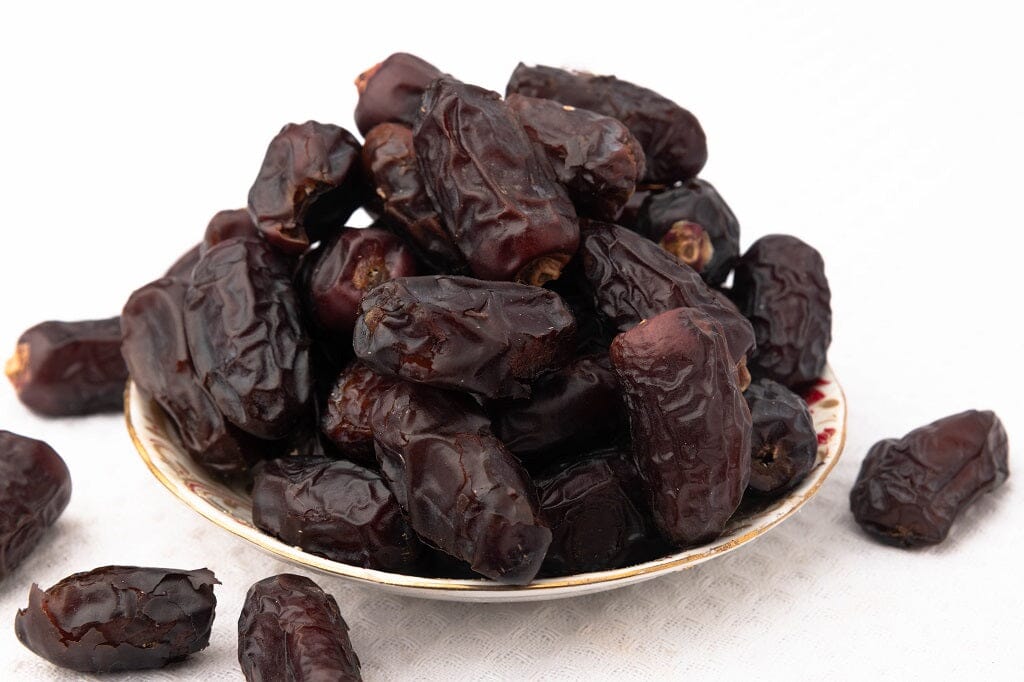
Buah Kurma: The Earliest Civilizations Cultivating Dates
The Historical Significance of Buah Kurma (Dates)
Buah kurma, known as dates in English, is a delicious and nutritious fruit that has a long history of cultivation. Dates have been an integral part of human diets for thousands of years and have played a significant role in the development of various ancient civilizations. Let’s explore some of the earliest civilizations known to have cultivated dates.
The Sumerians: Pioneers of Date Cultivation
The Sumerians, an ancient civilization that emerged in Mesopotamia (modern-day Iraq) around 4,000 BCE, are often credited as pioneers of date cultivation. They recognized the value of dates as a staple food source and began cultivating date palms in the fertile lands of the Mesopotamian region. Date palm groves became an essential part of the Sumerian agricultural landscape, providing sustenance and economic prosperity.
The Ancient Egyptians: Dates in Daily Life
In ancient Egypt, dates held great significance and were highly valued. The Egyptians cultivated date palms along the Nile River, incorporating dates into their daily diets and various culinary preparations. Dates were not only consumed as a fruit but also used in making bread, wine, and desserts. The ancient Egyptians even used dates as offerings in religious ceremonies and believed that the fruit had healing properties.
The Indus Valley Civilization: Dates in South Asia
The Indus Valley Civilization, flourishing around 2,600 to 1,900 BCE in present-day Pakistan and northwest India, was another ancient civilization known for its cultivation of dates. Excavations at the archaeological site of Harappa have revealed evidence of date palm cultivation, suggesting that dates held cultural and economic importance in this region as well.
The Phoenicians: Date Trade and Expansion
The Phoenicians, a maritime civilization that thrived in the Eastern Mediterranean around 1,200 BCE, played a crucial role in the spread of date cultivation. The Phoenicians established extensive trade networks, facilitating the exchange of goods, including dates. They introduced date palms to regions such as North Africa, Spain, and the Mediterranean islands, contributing to the expansion of date cultivation beyond its original territories.
Conclusion
Buah kurma, or dates, have been cultivated by various ancient civilizations throughout history. The Sumerians, Ancient Egyptians, Indus Valley Civilization, and Phoenicians are among the earliest known civilizations to have recognized the value of date cultivation. Dates held cultural, economic, and dietary significance in these societies, contributing to their development and prosperity. Today, date cultivation continues to thrive, and the rich historical legacy of this fruit lives on.
Key Highlights
– Buah kurma, or dates, have a long history of cultivation by ancient civilizations.
– The Sumerians are credited as pioneers of date cultivation in Mesopotamia.
– Ancient Egyptians valued dates in their daily lives and used them in various culinary preparations.
– The Indus Valley Civilization in South Asia also cultivated dates, as evidenced by archaeological findings.
– The Phoenicians played a significant role in the spread of date cultivation through their extensive trade networks.
– Date cultivation continues to thrive, and the historical legacy of this fruit remains significant.